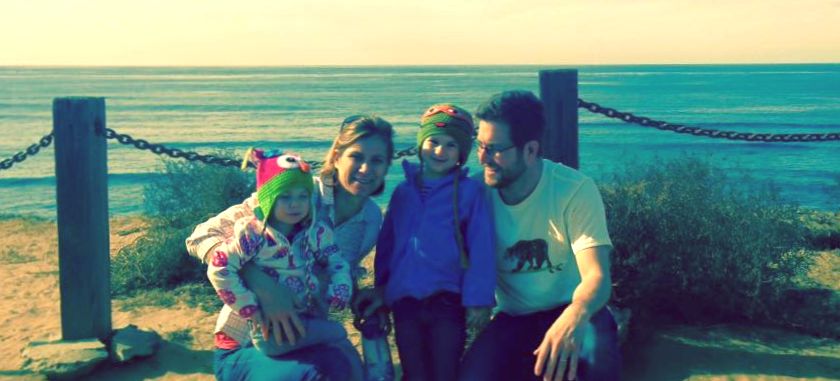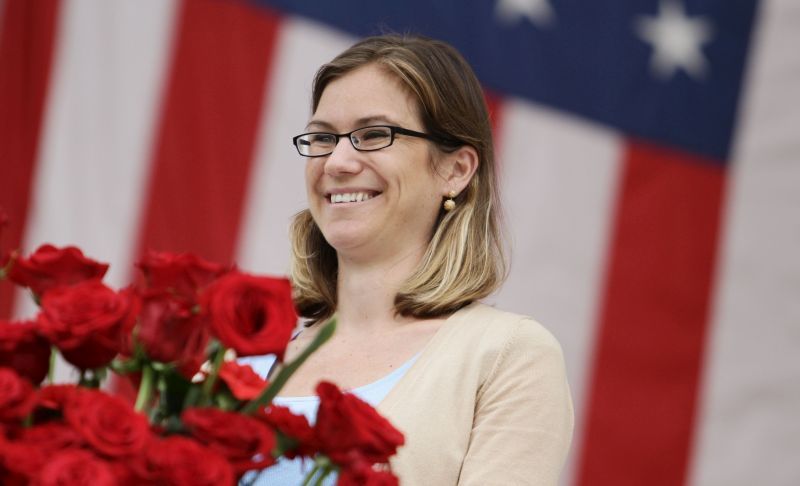Authors:
Historic Era: Era 10: Contemporary United States (1968 to the present)
Historic Theme:
Subject:
July/August 2020 | Volume 65, Issue 4


Authors:
Historic Era: Era 10: Contemporary United States (1968 to the present)
Historic Theme:
Subject:
July/August 2020 | Volume 65, Issue 4
On a windy afternoon this April, Maeve Kennedy Townsend McKean, a vibrant blue-eyed 40-year-old, and her son Gideon hopped into a canoe to chase a ball that had blown into the water. But the wind and waves swept them into the Chesapeake Bay near Annapolis. Then, they disappeared.
I know the place where they were lost. I kept thinking of lovely Shady Side on the shore of the Bay while we were celebrating the life of that remarkable woman during an online memorial service.

It had all the makings of a Greek tragedy. Maeve was a global health expert, what America needs right now. In her 20s, she volunteered for the Peace Corps and served in Mozambique.
That would be the Peace Corps that her great-uncle President John F. Kennedy founded. The family grieved along with thousands of other Americans when President Trump terminated all 7300 volunteers during the coronavirus crisis, with a restart of the Peace Corps remaining in doubt.
For her work, Maeve had traveled the world, to Haiti and Bangladesh, China, Cambodia, Vietnam, Thailand, and Laos. But it was from outside her mother’s house on the Maryland shore that she vanished.
Gideon was 8. He loved skiing and once sped down an Olympic slope. He was the great-grandson of Robert F. Kennedy, or “Grandpa Bobby.” To hear it told among tear-stained friends and cousins, Gideon inherited a compass of social justice. They swore they’d always love him, never forget him. The children’s camera montage was charming.
The Kennedy family pioneered a new form of mourning amid the pandemic, with 3,000 other friends and family gathering by Zoom meeting. First, from South Africa came a song with a promise, “We’re together in spirit.” For this we prayed.
The 21st-century congregation witnessed remembrances, elegies, poetry and music from various living rooms. “Lord of the Dance” summoned the Irish soul. Starkly personal, the new Zoom form meant nobody got lost in the crowd.
Nobody needed to say how Bobby Kennedy’s light shone in the tumult of the late ‘60s. He wept when he witnessed Mississippi poverty. He calmed a crowd in Indiana the cruel night of Martin Luther King Jr.’s murder in April 1968, giving the speech of his life — quoting Aeschylus, the Greek tragedian.
See “Robert F. Kennedy in Mississippi,” by Ellen Meacham
In a knell that broke the country’s heart — again — the senator was slain that June, while running for president. Five years before, President Kennedy’s assassination had frozen the nation in grief In 1963.
